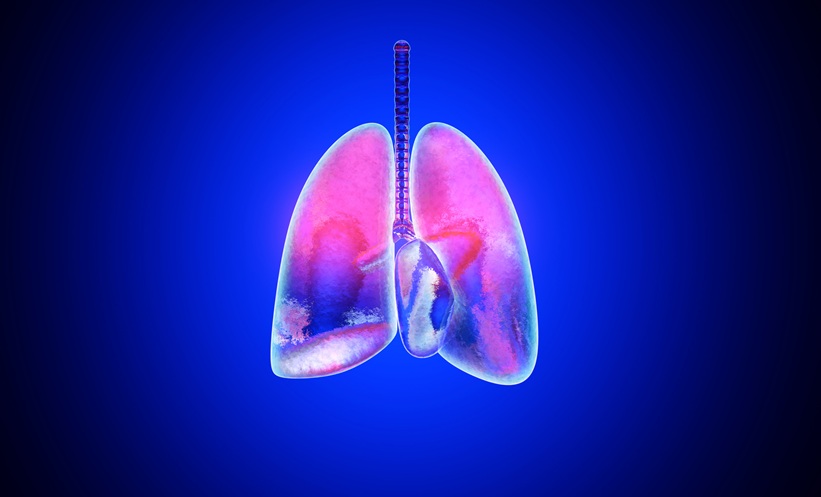IN THE quest for long-term drug-free remission in rheumatoid arthritis, new research highlights both the promise and challenge of treatment withdrawal. The BIO-FLARE study, a UK-based experimental medicine trial, found that over half of patients in clinical remission experienced a disease flare within 24 weeks after stopping disease-modifying anti-rheumatic drugs.
Published as preliminary results from the BIO-FLARE project, the study enrolled 121 adults with established rheumatoid arthritis in remission across seven NHS Trusts. Participants were taking methotrexate, sulfasalazine or hydroxychloroquine and agreed to stop treatment while being closely monitored for flare and immune responses over 24 weeks.
By the end of the study, 52.3% had flared, with most doing so within the first two months (median time to flare: 63 days). Researchers identified several clinical predictors of flare, including female sex, continued use of methotrexate at baseline, and elevated levels of anti-citrullinated peptide antibodies and rheumatoid factor.
An exploratory prediction model based on these variables performed well, offering clinicians a potential tool to estimate individual flare risk before withdrawing medication. The model achieved good calibration and a C-index of 0.709, indicating acceptable predictive accuracy.
While the findings confirm that drug-free remission is feasible for some, they also underscore the importance of patient selection and close follow-up. The study’s design also sets a valuable precedent for investigating the immunobiology of flare and remission.
“The high rate of flare remains a major challenge,” the authors note. “But this research brings us closer to predicting who might safely stop medication—and who should continue.”
These insights could support more personalised care plans, helping patients with rheumatoid arthritis weigh the risks and benefits of tapering treatment.
Aleksandra Zurowska, EMJ
Reference
Rayner F et al. Clinical predictors of flare and drug-free remission in rheumatoid arthritis: preliminary results from the prospective BIO-FLARE experimental medicine study. BMJ Open. 2025;15:e092478.








